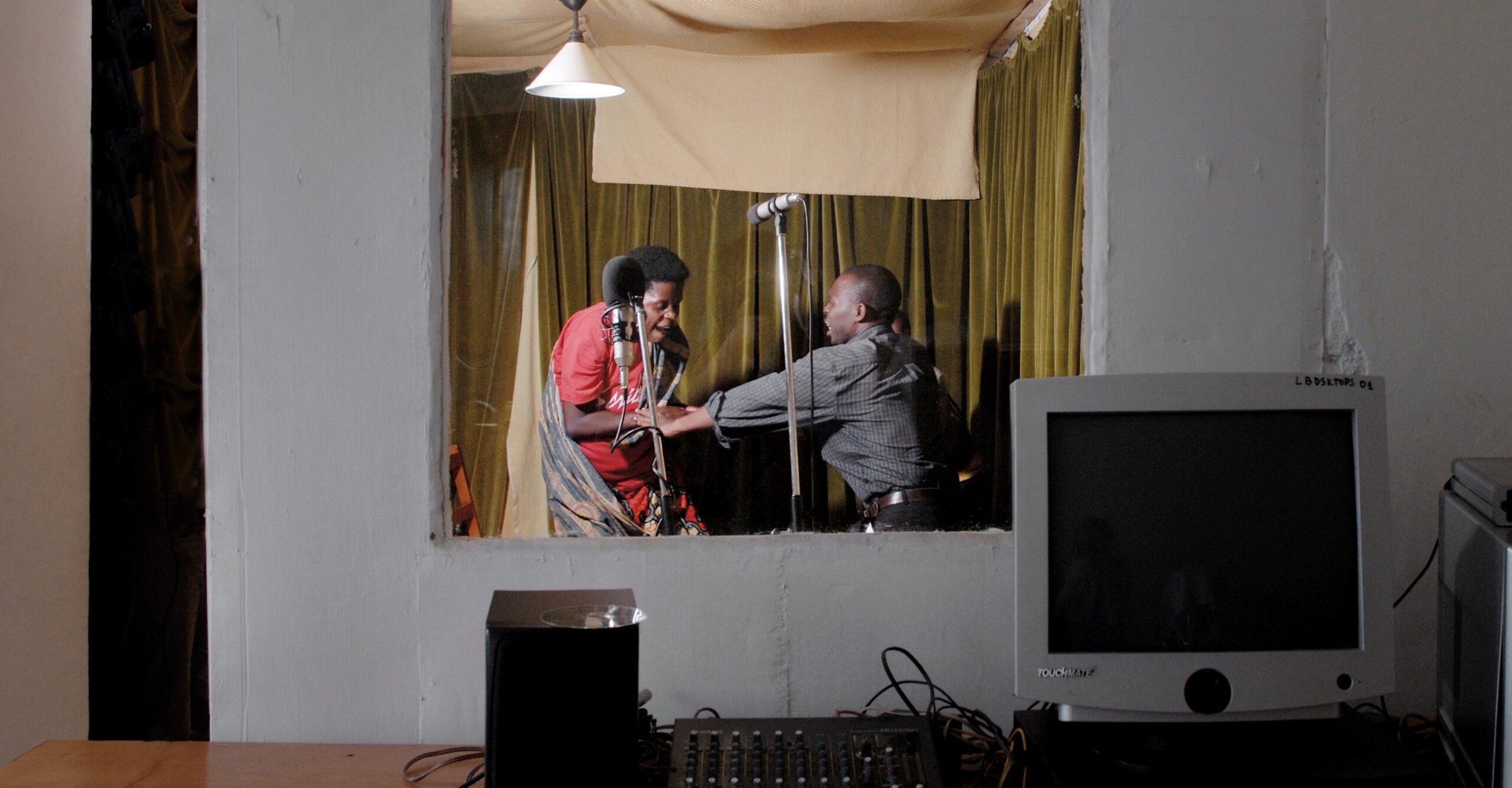
Our impact
We pride ourselves in having our work constantly evaluated. Here is a selection of the most noteworthy conclusions.
In a one-year experimental study published in 2009, Paluck showed RLB’s significant successes in shifting social norms among its audience.
Findings from the study indicate that regular exposure to Musekeweya led to a 10-percentage-point decrease in individuals advising their children to marry within their own group. Listeners also exhibited greater trust towards others, challenging the notion that trust is naïve. Additionally, audience members were more likely to voice their opinions when they disagreed with something and showed less tendency to blindly follow authority.
The soap opera also fostered increased empathy toward marginalized groups, including prisoners, genocide survivors, the poor, and political figures. Lastly, it’s audience was more likely to believe it’s important to speak about trauma.
After one year of exposure to Musekeweya, the program had shifted it’s audience’s perceptions about social norms, which in turn led to measurable changes in behavior.
Kogen & Price conducted an assessment of our impact and an evaluation of our work’s adaptability after ten years of projects in Burundi, the DRC and Rwanda.
Similar to the earlier report, this study found that RLB’s audience experienced positive shifts in social norms, including increased trust, healthier ways of dealing with trauma and intermarriage, greater awareness of the dangers of scapegoating, more active bystandership, and a deeper understanding of complex historical truths.
Furthermore, its audience was more willing to hear the other side of the story, less willing to blindly follow authority, willing to attend reconciliation activities and more often discussed the topics RLB’s programs revolve around.
The ten-year evaluation also underscored RLB’s success in adapting its work to the contexts of Burundi and the DRC. Its education-entertainment radio dramas reached an impressive 70-90% of their target audience. As one of the few organizations actively addressing hate speech in the Great Lakes region, RLB serves as a vital complement to broader peacebuilding initiatives.
Our Media for Dialogue (M4D) program has yielded similar results. Aiming to reduce the instrumentalisation of identity, increase media pluralism and the dissemination of reliable information, and improve inter-community cooperation and cohabitation, M4D was found to be a relevant and coherent program with a well-tailored mix of interventions, fit for its different audiences. It is a highly adaptive project, with good cooperation with formal and informal partners, leading to M4D largely reaching its targets in a conflict-sensitive and cost-efficient way. M4D has shown measurable impacts, with clear behavioral and attitudinal shifts among its target audience. Moreover, the program generated valuable spillover effects, as participants shared their newly acquired skills and knowledge within their communities, further amplifying its reach and influence.
The adaptibility of our work was further proven by research on the GAMER project / the Horns of Justice games, proving the potential of our work in digital spaces.
For questions or more impact evaluations, feel free to reach out to us: info@labenevolencija.org.
Resources
Pech, G. P. & Caspar, E. A. (2022). Can a Video Game with a Fictional Minority Group Decrease Intergroup Biases towards Non-Fictional Minorities? A Social Neuroscience Study. International Journal of Human-Computer Interaction, 40(2), 482-496. https://doi.org/10.1080/10447318.2022.2121052
